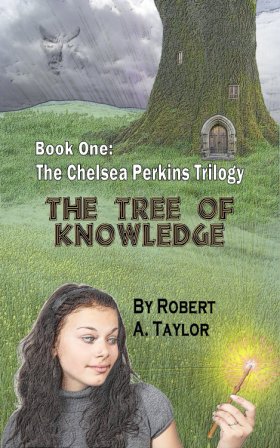 Guest post
Guest post
by David Antrobus
[This is part 2 of a 2 part post. See part one here.]
Now we arrive at the crucial topic of cost, and the seemingly arbitrary variations in same. Some editors are so brilliant that they really can and do charge top dollar. I know someone who can quote $5,000 for editing an 80,000-word manuscript. Before you gag on that, two things: at that rarefied level, it’s an incredibly skilled and precise and comprehensive service that almost literally dots every I and crosses every T. Each word is examined, plus the context of the words amid the whole. Each punctuation mark is carefully considered. For example, did you know that Microsoft Word will turn smart quotes the wrong way if you type them after an em-dash (something that’s quite common in dialogue)? A good editor/proofreader will catch every instance and flip them back the right way. Same with the single quote you get when you type an apostrophe at the beginning of a word, as in ’80s. Or double spaces between sentences. Consistent indents. Catching homophones. POV shifts. There are myriad ways in which a good editor’s eagle eye is essential. Done well, it truly is the greatest hybrid of art and science. But the writer’s job at this point is simply to ensure that prospective editors are as good as they claim. Feel free to test them. Send them a sample rife with errors and see if they catch them all. If they miss a couple, that’s not disastrous—no one catches 100 percent—but if they catch only half or two-thirds, politely move on. Continue reading “The Editor’s Fedora (Part 2 of 2)”


 The independent publishing movement is maturing at an astonishing rate. Everything is still evolving and changing daily, but anyone who is paying attention can see we look a whole lot different than when we started.
The independent publishing movement is maturing at an astonishing rate. Everything is still evolving and changing daily, but anyone who is paying attention can see we look a whole lot different than when we started.